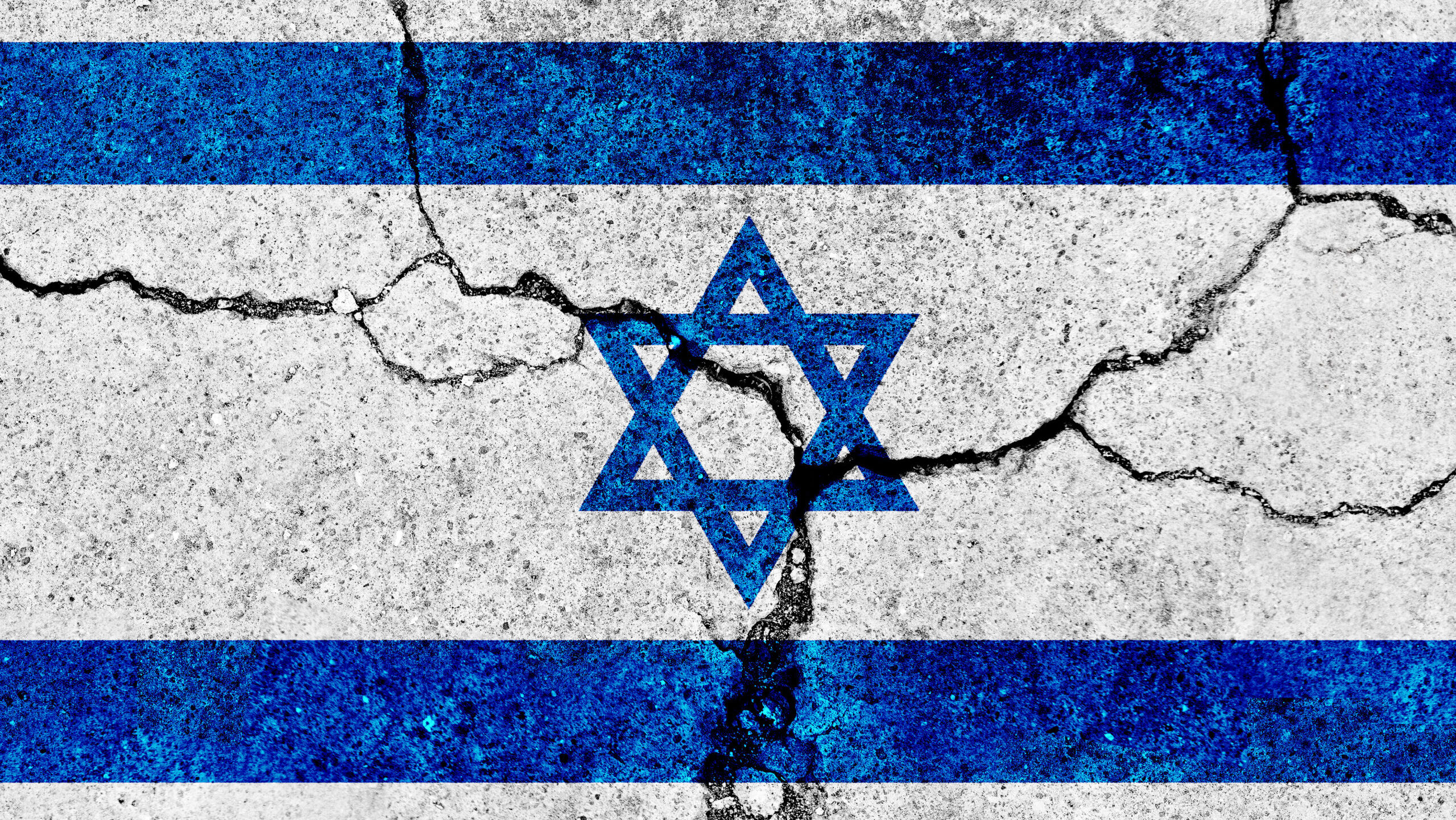Cross-Political Consensus Emerges for Immediate Israeli Elections
In the aftermath of the recent conflict, a new survey reveals that Israelis are divided over the timing of elections, with a clear split along political lines. On the Left, an overwhelming 98.5% support immediate elections, while the sentiment drops to 85% in the Center and 51.5% on the Right, according to the Israel Democracy Institute’s War in Gaza survey.
The study indicates that 69% of all Israelis believe elections should be held once the war concludes, including 66% of Jewish Israelis and 84% of Arab Israelis. Regarding voting intentions, a majority plan to stay within their political bloc, though shifts are expected, especially on the Left. Notably, 28% of Israelis remain undecided about their vote.
When it comes to the Israeli Defense Forces (IDF), 91.5% of Jewish Israelis, regardless of political affiliation, believe the IDF strives to adhere to international law. In contrast, only 24% of Arab Israelis share this view.
Another key finding unearthed by the poll indicates that two-thirds of Israelis perceive a lack of government planning for postwar scenarios, with proportions consistent across political orientations.
This holiday season, give to:
Truth and understanding
The Media Line's intrepid correspondents are in Israel, Gaza, Lebanon, Syria and Pakistan providing first-person reporting.
They all said they cover it.
We see it.
We report with just one agenda: the truth.


Concerning international criticism of Israel, 62% of Jewish Israelis attribute it to antisemitism, while 10.5% of Arab Israelis share this view. The majority of Arab Israelis attribute criticism to civilian casualties and destruction in Gaza.
Despite the widespread belief that toppling Hamas is an attainable goal, only about a third think bringing back all hostages is feasible. Assessments of Israel’s public relations efforts abroad are predominantly negative, with both Jewish and Arab samples expressing dissatisfaction.
Anticipation of postwar civil protests is high, with 44% of Jewish Israelis and 46% of Arab Israelis expressing their intention to participate. Additionally, Israelis remain divided on whether their lives have returned to normal.
Volunteering for the war effort is prevalent, particularly among Jewish Israelis, with 75% participating in various volunteer activities. Alternatively, 30% of Arab Israelis report taking part in at least one volunteer activity since the beginning of the war, with higher rates of women volunteering than men.
Furthermore, consideration of Palestinian suffering in war planning reveals stark contrasts. Among Jewish Israelis, 40% believe it should be considered to a fairly small extent, and 41% to a very small extent. Conversely, among Arab Israelis, 23% advocate for fairly large consideration, and 60% for a very large extent.
Finally, about one-third of Jewish Israelis feel a changed connection to religion since the war’s outbreak. Of those surveyed, 34% feel closer to religion, 53% report no change, and 10% express feeling further away from their faith than before the conflict.

